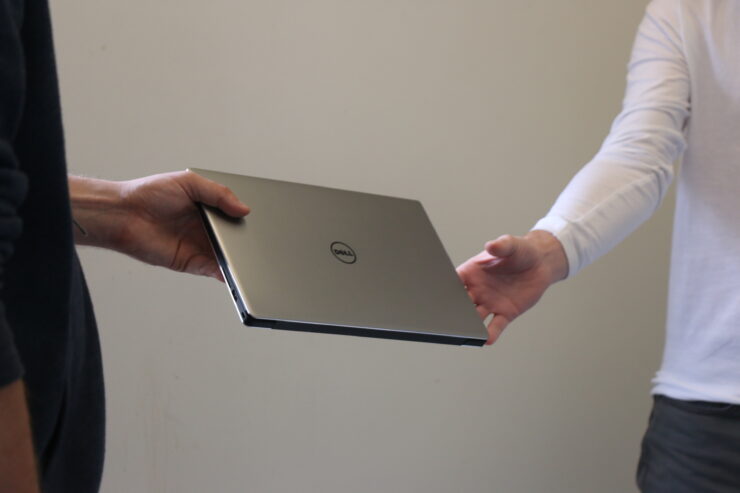Asking about pot usage is pointless, and accessing phones is invasive
The last month has seen much discussion on how open Canadians should be when they cross the American border, over issues as diverse as past marijuana use and handing over electronic devices. Both of these issues are ridiculous and impose on the rights of Canadians.
The only reason to tell border officials about your past use of marijuana is if it’s somehow relevant to someone’s safety at the time. If we were to compare it to alcohol, it would be odd to ask someone about their drinking habits unless they were currently endangering themselves or others. Canadian citizens crossing the border to the United States should have some reasonable expectation of privacy, and border security asking probing and unnecessary questions about someone’s history with marijuana intrudes on that.
This concept of privacy protection extends to accessing Canadian phones at the border. There should always be reasonable grounds before searching, and if those grounds aren’t present then officials cannot search phones. The largest issue is that under U.S. law, border officials can ask for passwords and access devices. In a day and age where most people’s electronic devices hold intimate details of their lives, this is a clear invasion of privacy, particularly for citizens of other countries.
Border protection agencies need to understand that everything is accessible by the touch of a finger, and yes, this can be a security risk, but phones are also so integrated into people’s lives that accessing them is a huge breach of privacy. Security personnel need to acknowledge the ever changing nature of our society and our relationship with technology, and adapt their laws and regulations toward the needs of the citizens. After all, we the people are the ones giving these officials the monopoly of the use of force—and not to mention a job.
I understand that America is trying to protect their citizens, but how does knowing about past marijuana usage do that? If all of Canada and many of the States have decriminalized it then how dangerous can it really be? Both of these policies are a breach of privacy, and we as a society need to be less accepting of these increasingly common and dangerously invasive breaches.




